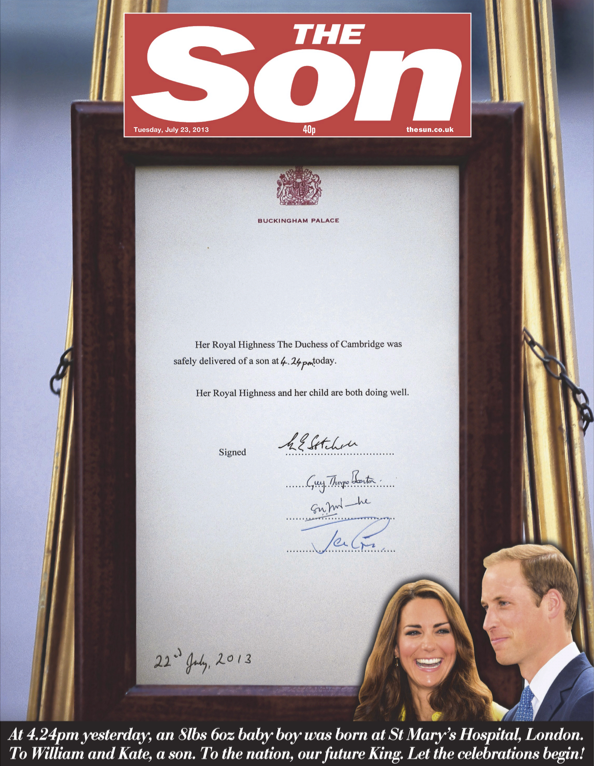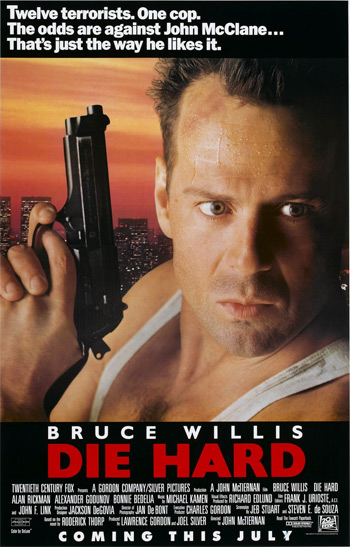Welcome to this week’s Language Blog Roundup, in which we bring you the highlights from our favorite language blogs and the latest in word news and culture.
In royal baby news, Lynne Murphy, aka Lynneguist, spoke with NBC about the difference between British and American baby talk. The OUP Blog explained the little prince’s full name. In less appealing news, Electric Lit offered 10 literary characters and their Carlos Danger pseudonyms.
In language news, The New York Times told us about a language invented by children in a remote Australian village. NPR reported on young people making innovations in language by creating gender neutral pronouns.
BBC delved into how many hours it takes to become fluent in English; The Economist discussed the impact of technology on the culture of the hearing impaired; and Robert Lane Greene compared the language of Democrats and Republicans.
This week we also learned about the secret language of Scottish travelers; familects, the secret language of families; a stolen cockatoo identified by its fowl foul mouth; and why Twitter inspires so many new words.
In author news, Jane Austen will replace Charles Darwin on the British 10 pound note. JK Rowling was revealed to be the author of “debut” detective novel, The Cuckoo’s Calling. The Vulture rounded up 10 Harry Potter hallmarks in the novel and The Guardian gave us a history of pen names. Meanwhile, literary legend Harper Lee is suing her agent for allegedly stealing the copyright and royalties of her classic novel, To Kill a Mockingbird.
The Wall Street Journal explained why startup names are getting quirkier; professional namer Nancy Friedman (aka Fritinancy) spoke with The Atlantic about the pitfalls of cleverly named startups; and ValleyWag got on the startup name bandwagon by giving us a visual of Silicon Valley’s stupid names, inspired by Fritnancy’s Pinterest board.
Ben Zimmer looked at the origins of upset and the term whistleblower. At Language Log, Ben examined the phrase no justice, no peace; Victor Mair considered Japanese loanwords in English; Geoff Pullum poked holes in the dolphin name study; Mark Liberman wondered how some ethnically offensive fake names made it onto the air and set straight a doctor suffering from “no word for X”-itis.
James Harbeck entertained and enlightened us about 10 annoying sounds we need to stop making. Arika Okrent revealed 16 words that are much older than we thought. Lucas Reilly gave us 24 words that used to mean something negative.
Ben Yagoda wondered if we should write what we know, and admitted he doesn’t like the microphone abbreviation mic. Also at Lingua Franca, Anne Curzan personally doesn’t like impactful but won’t tell anyone to stop saying it; Geoff Pullum is glad that The Great Gatsby doesn’t comply with Strunk and White; and Allan Metcalf was amused by Sharknado and other SyF franken-titles.
At the Macmillan Dictionary blog, Michael Rundell had nothing against like, and Stan Carey opined on the “the” abbreviation. At Merriam-Webster, Stan examined those thingamajigs, placeholder terms, and on his own blog reported on the journalistic cliche, than previously thought.
Fritinancy’s words of the week were cronut-rival frissant, a fritter-croissant hybrid “invented and named by Swiss Bakery (“artisan bread specialist”) in Vancouver, British Columbia,” and chap hop, a “genre of comedic British rap music with lyrics in Edwardian English about quintessentially British topics.”
The Word Spy spotted microlife, “a unit of measure equal to approximately 30 minutes of life expectancy,” and obtainium, “an object found or obtained for free, particularly material for an art, craft, or construction project.”
We loved these alternative dictionaries, these gorgeous libraries, and these incredible miniature books. We were happy to learn that a Calvin & Hobbes documentary is coming soon and that we’re not the only ones who couldn’t get through Moby-Dick.
We enjoyed these moments in musical punctuation, are glad that Jay Z took a cue from email and dropped the hyphen from his name, and want to wish said hyphen best of luck in its job search. Finally, we won’t be trying any of the recipes in the 300-year old The Cookbook of Unknown Ladies (calf’s head hash, anyone?), but we love the name.
That’s it for this week!
[Photo from Hollywood Reporter]



